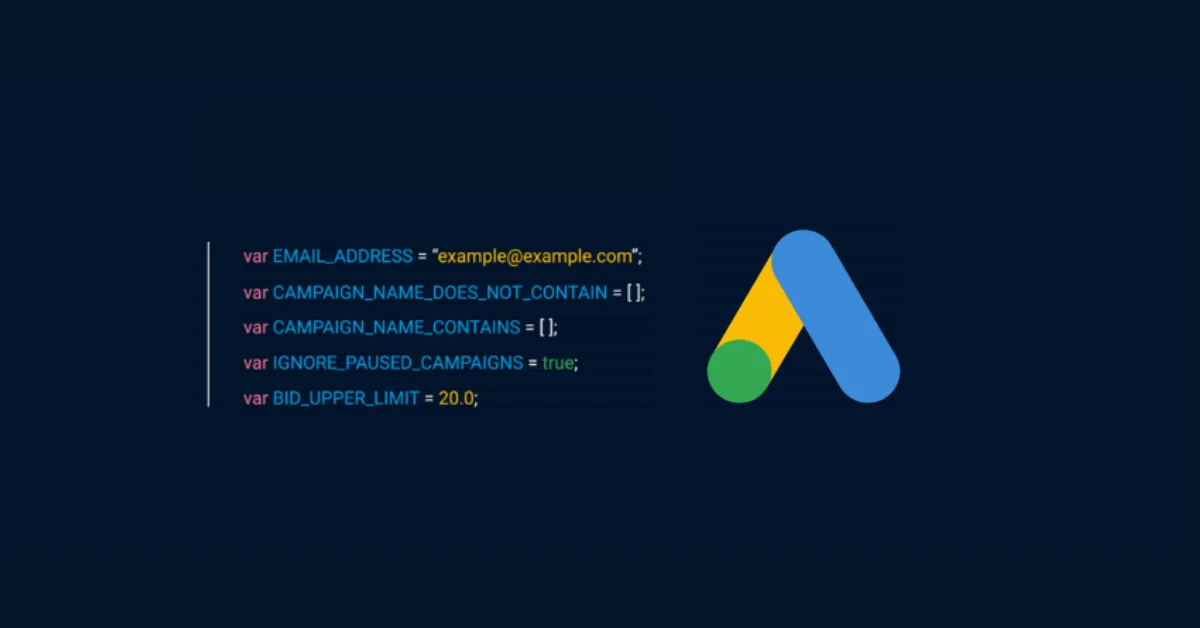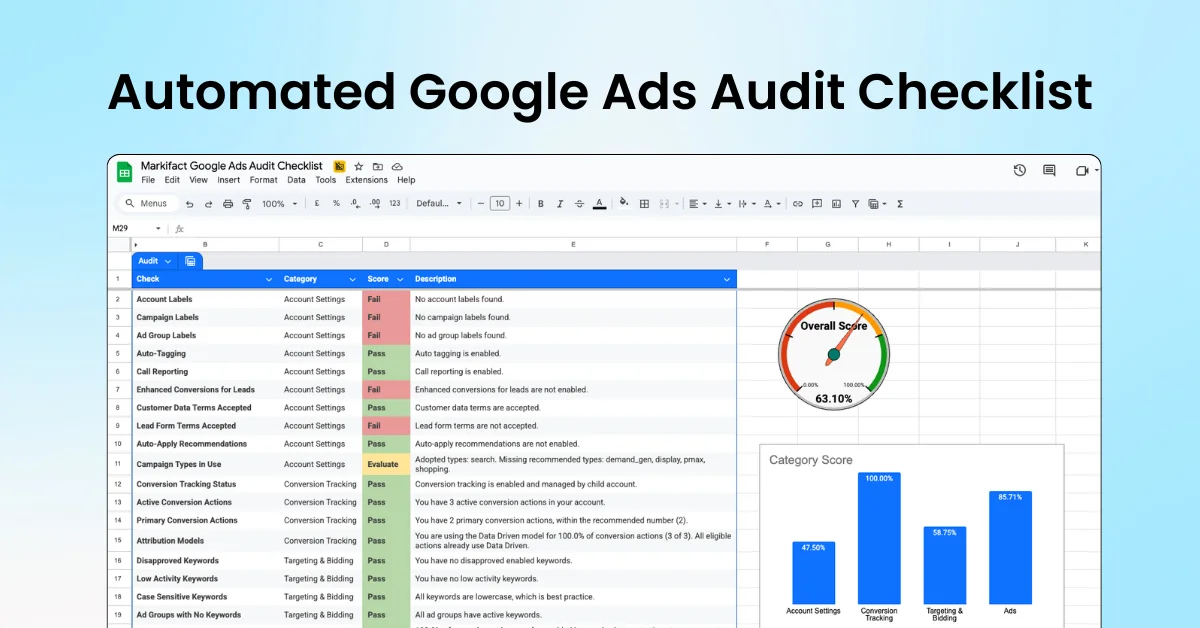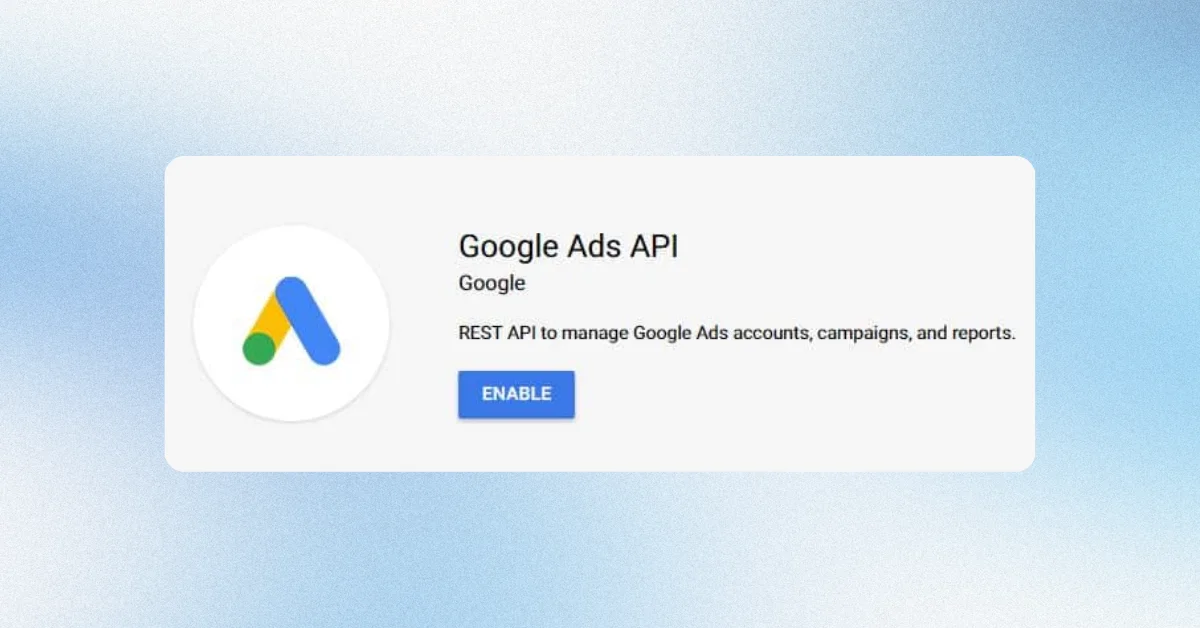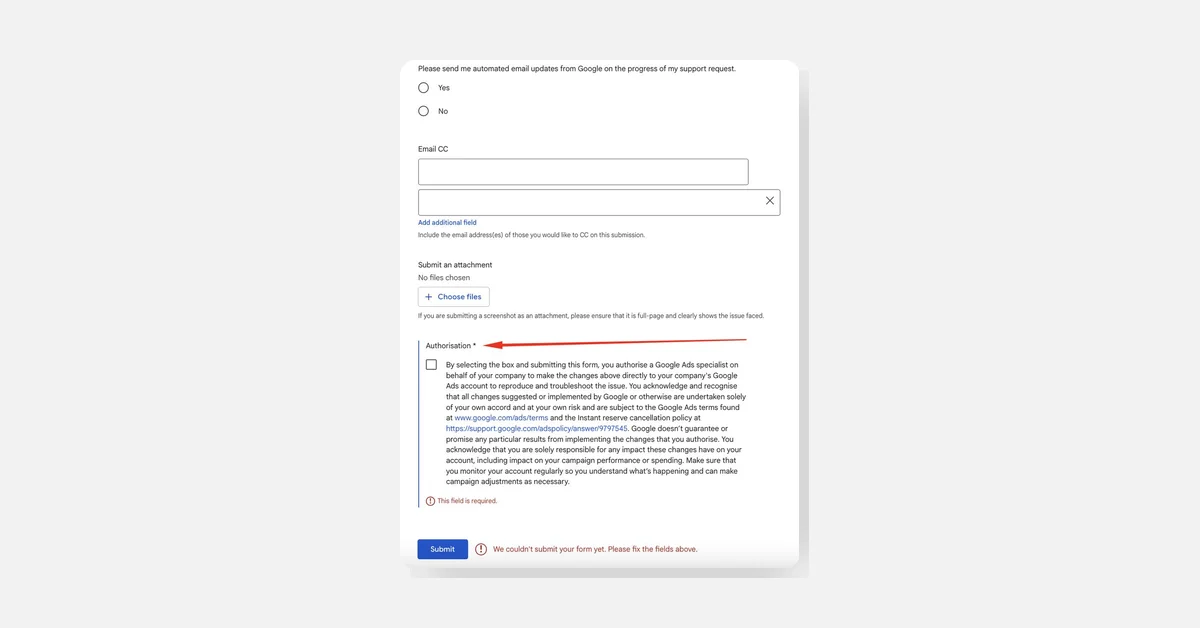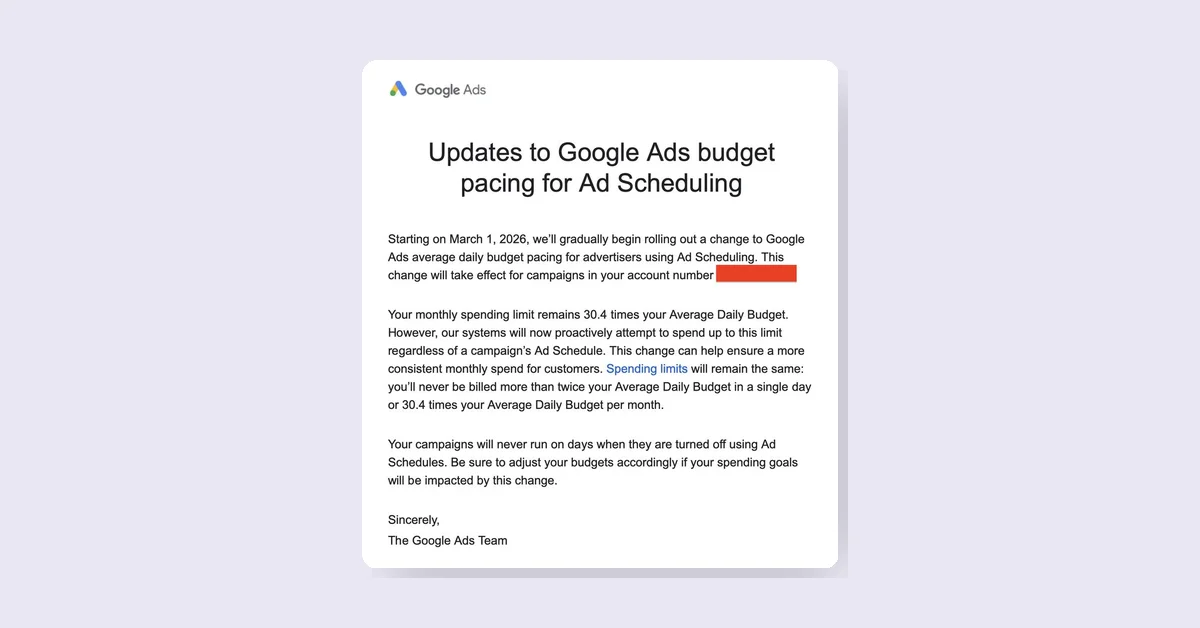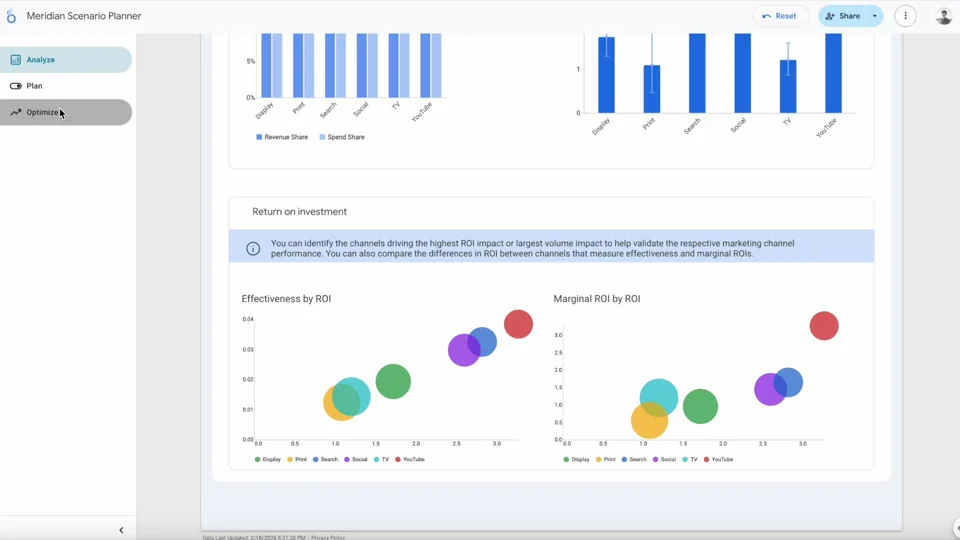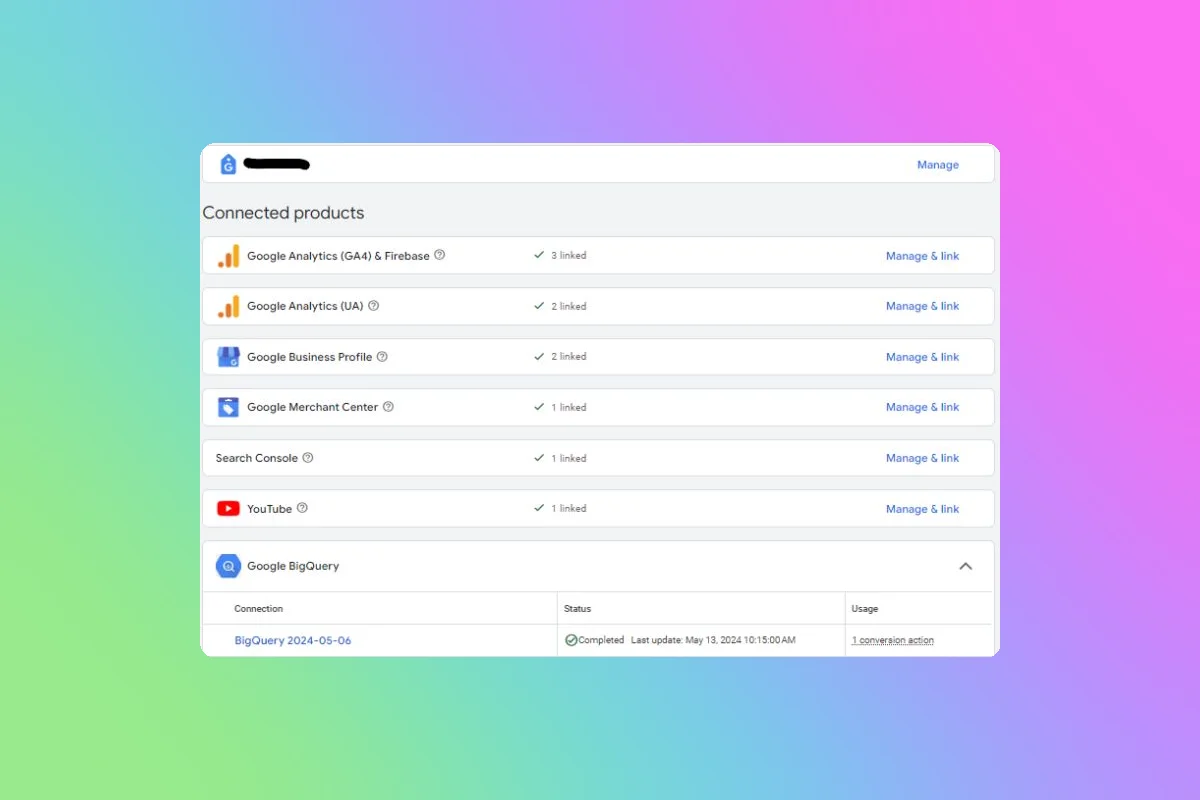In 2024, new privacy laws will take effect in Florida, Texas, Oregon, Montana, and Colorado. The Colorado Privacy Act (CPA) will enforce its Universal Opt-Out Mechanism (UOOM) provisions.
Compliance Tools and Actions
- US State Laws: Google offers compliance tools for partners to make compliance decisions. For Colorado’s UOOM, Google will receive Global Privacy Controls from users and disable Ads Targeting.
- Existing Terms: Google will update the Google Ads Data Processing Terms, Controller-Controller Data Protection Terms, Measurement Controller-Controller Data Protection Terms, and U.S. State Privacy Laws Addendum. No additional action is required if partners have already agreed to the online data protection terms.
- Restricted Data Processing (RDP): Google will act as a service provider or processor for data processed under RDP. The RDP functionality will expand to new states as their laws come into effect.
Colorado Privacy Act (CPA) Specifics
- Universal Opt-Out Mechanism: Global Privacy Control (GPC) signals will opt users out of Ad Targeting. Customers can send Google a Privacy Parameter like RDP to disable Ad Targeting, Sale, or Share of data.
- Direct User Signals: Google will receive GPC signals directly from users and engage RDP mode on their behalf.
Impact on Advertisers
- Less Personalized Ads: Advertisers may see less personalized ads inventory, affecting targeting efficiency.
- Degraded Functionality: Customer Match, Audiences API, and Floodlight Remarketing lists may experience degraded functionality due to increased user opt-outs via GPC.
- Disabled Personalized Ads: For users opting out via GPC, Google will disable personalized ad serving based on Customer Match, Audiences API, Floodlight, and Remarketing lists.
Additional Information
This update pertains to Google’s ads and analytics products and does not affect other Google products like Workspace or Cloud Identity. Refer to this article for more information on RDP.
 (Image Credit Anthony Higman)
(Image Credit Anthony Higman)




